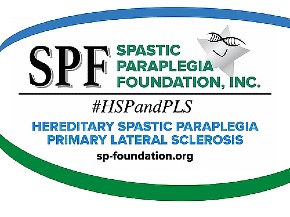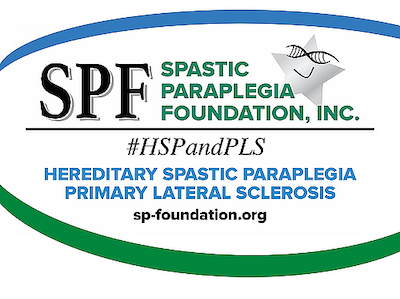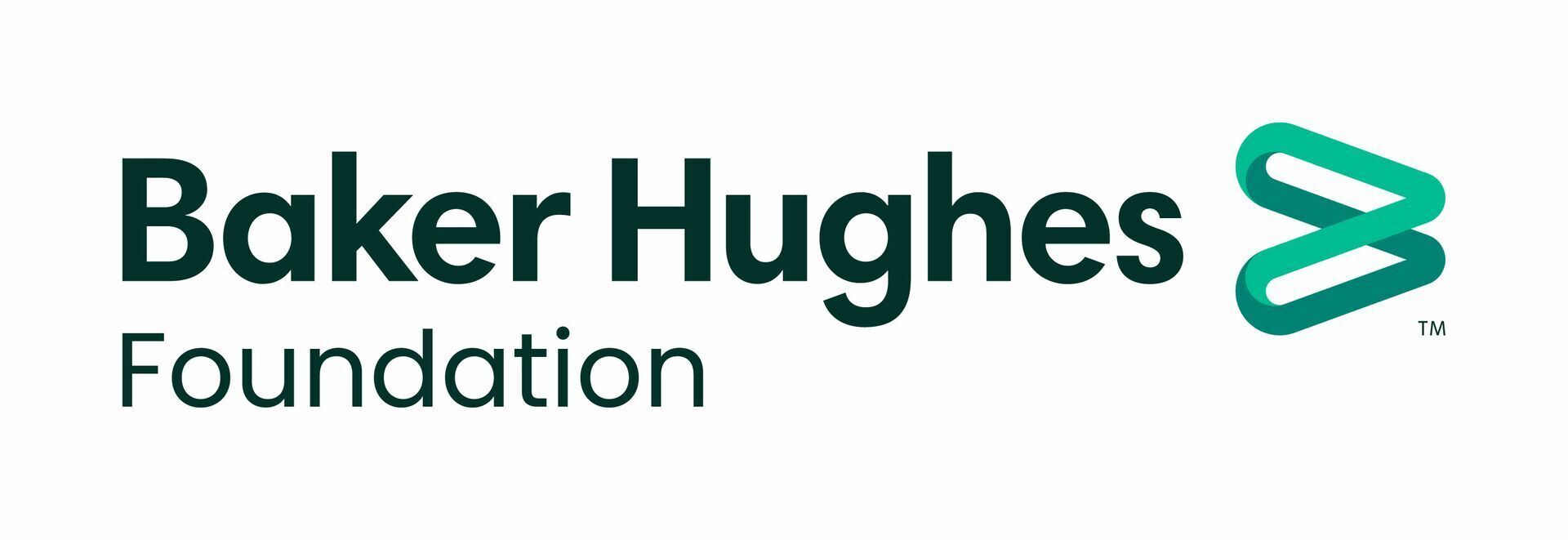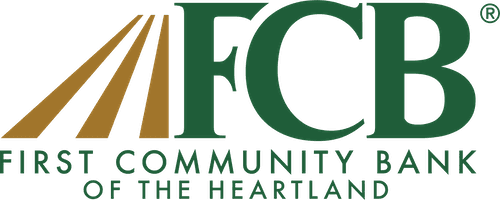On the heels of a series of prominent recent hires, Verily announced plans on Tuesday to make its first major acquisition by buying SignalPath, a North Carolina company which developed a clinical trial management platform.
Verily, an Alphabet spinout founded in 2015, plans to use the acquisition to increase its appeal to clinical trial sites and to speed its efforts on decentralized research, Amy Abernethy, whom Verily hired in June to serve as president of its clinical research business, told STAT. As part of that work, Abernethy is steering Baseline — the company’s showpiece research and evidence-generation platform — by working to assemble a portfolio of studies and uncover new treatments for diseases.
The terms of the acquisition were not disclosed. The SignalPath deal comes as Verily appears to be inching back the curtain on its overarching strategy and consolidating its health efforts, which have ranged from a mosquito eradication program to a subsidiary that makes eating utensils for people with Parkinson’s and essential tremors. In recent months, the company has signaled a strong focus on building out its footprint in research.
“I do think what you’re seeing as Verily matures as a company and as a business is a consolidation in specific areas of work,” said Abernethy, who previously served as principal deputy commissioner.
One of those areas is clinical research, where Abernethy sees SignalPath as complementary to Baseline. While Baseline is heavily focused on the digital components of clinical research, such as assembling virtual research communities and collecting reams of patient data remotely, SignalPath emphasizes a hybrid approach. It establishes relationships with researchers on the ground at the clinical trial site and provides software to ensure that “more happens remotely,” Brad Hirsch, SignalPath’s company’s co-founder and chief executive officer, told STAT.
And while the company has not yet revealed a clear strategic roadmap, it has made Raleigh, North Carolina a clear geographic focus. Days before announcing its appointment of Abernethy, who once directed Duke University’s Center for Learning Health Care, Verily hired Erich Huang away from a position as chief data officer at Duke Health. Huang now serves as chief science officer of Verily subsidiary Onduo, where he works alongside Robert Califf, Verily’s head of strategy and a former Duke vice chancellor who also served as FDA Commissioner.
At the time of the deal’s closing, SignalPath employees — all of whom are headquartered in Raleigh — will become Verily staff. They will remain in Raleigh, where they will increase Verily’s current connections to the region, which also include a smattering of employees in Chapel Hill, North Carolina.
Hirsch said the decision to enter into a deal with Verily came after deliberating between raising another round of funding — the company has raised $34.5 million to date – and partnering with a leading clinical research company. Ultimately, the latter option won out because, in his view, it would hasten SignalPath’s progress to the goal to connect patients to studies.
“It was this idea of being able to enroll patients on the ground and give that deeper engagement to the patient and the health care system,” Hirsch said.










